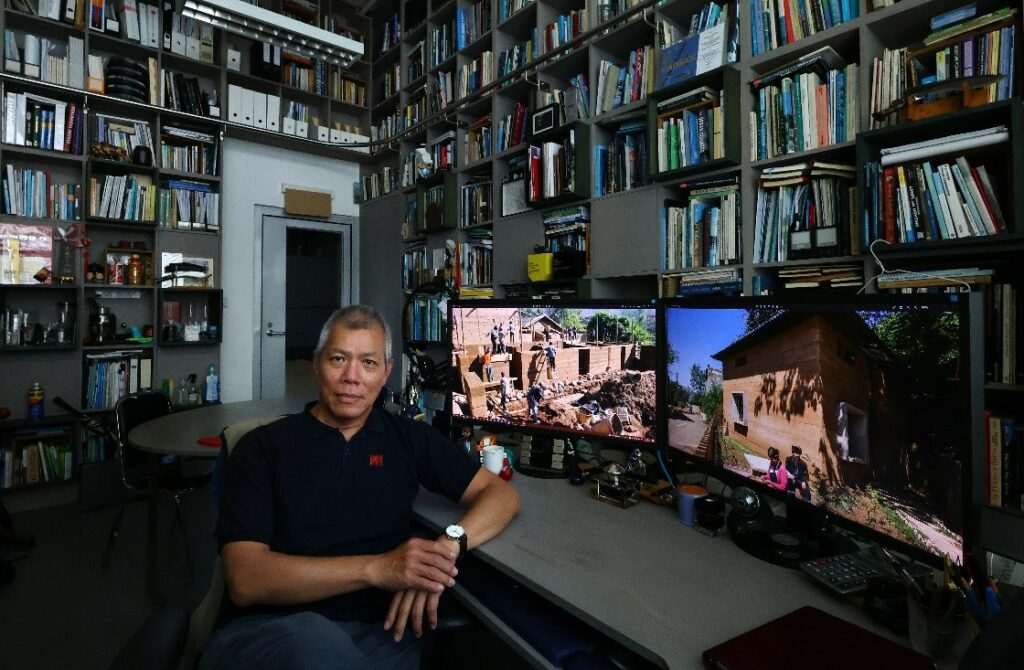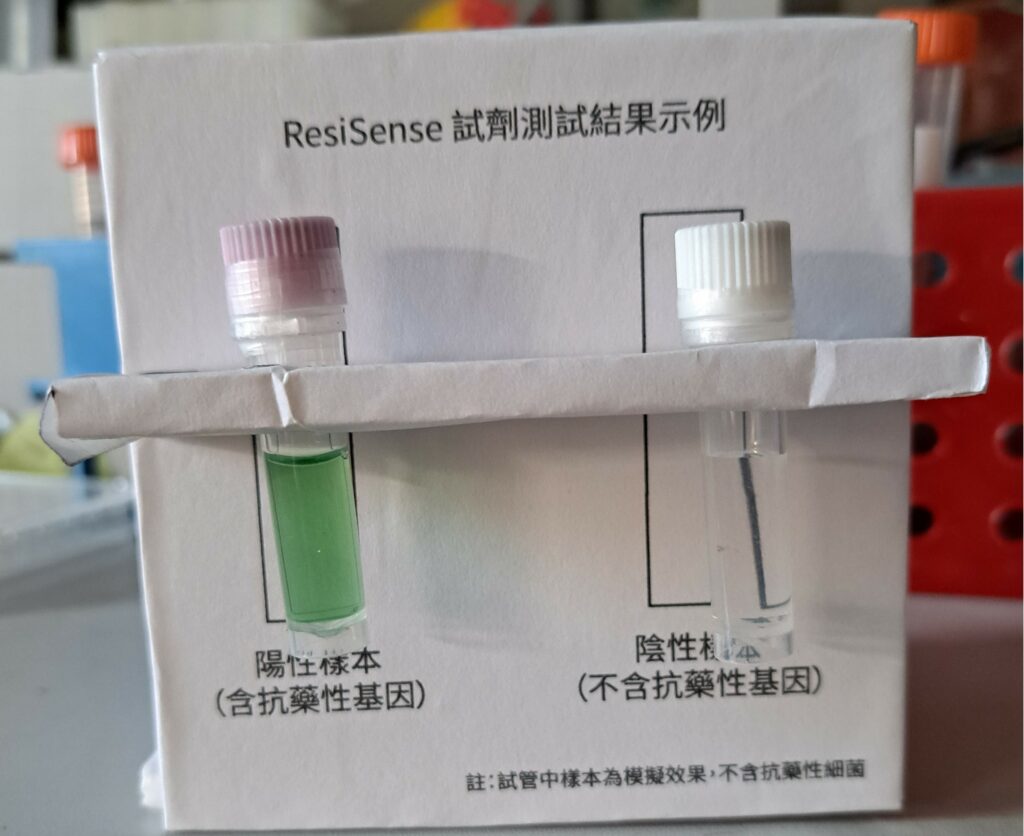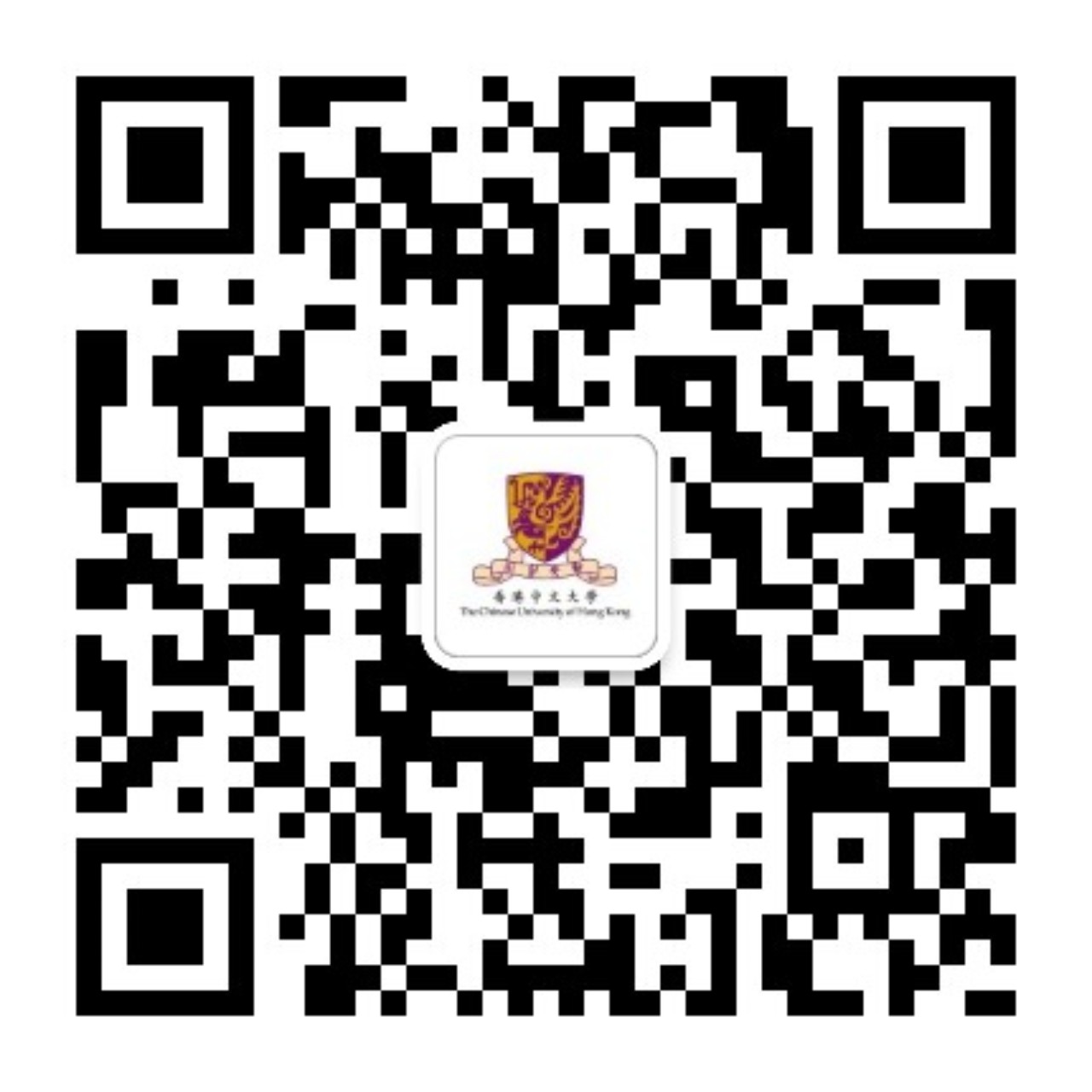Shaping stronger cities
Professor Edward Ng Yan-yung, Yao Ling Sun Professor of Architecture in The Chinese University of Hong Kong (CUHK)’s School of Architecture, recently bagged a leading scientific award. He has become the first architect-designer and Hong Kong scholar to win the Luke Howard Award, given annually by the International Association for Urban Climate (IAUC) to scholar, usually a physicist, geographer or meteorologist, who has made outstanding contributions to urban climatology.
As an architect who can converse freely in the language of architecture and in the equations of climatology, he was praised by the award committee for his exceptional leadership in bridging urban climate science with urban design and planning practice. They also highlighted the way he has consistently been a leading public advocate for climate responsive design.

The author of three books and more than 500 academic papers, Professor Ng first dipped his toes in the field of urban climatology after the SARS outbreak in 2003. His work has had far-reaching impacts: the methodologies developed by his team for ventilation assessment and wind corridor planning, are now compulsory for all cities in China.
For over 20 years, Professor Ng has been an enthusiastic contributor to sustainable development work in less privileged areas in China. In 2014, he launched the “One University One Village (1U1V) Rural Sustainable Development Assistance Programme” to leverage the expertise and resources of a university to enhance rural environments and livelihoods in a strategic, systematic and sustainable manner. His architectural designs focus on ventilation, local soil conditions, and traditional practices to create sustainable structures. The initiative, aligned with United Nations Sustainable Development Goals, has partnered with institutions like Cambridge, Peking, and Tsinghua universities. It has won major awards and drawn interest from earthquake-prone regions such as India, Nepal, Morocco and Turkey.

Moulding magical machines
It isn’t just CUHK’s professors that have been making waves with their ground-breaking work; its students have been doing so too. And that work is certainly eye-opening, with two CUHK student teams taking home top honours at the 2024 International Genetically Engineered Machine Competition (iGEM) for using gene science to fashion a pair of inventions that could have wide-reaching healthcare implications.

The competition, held in Paris, is the world’s leading event in the cutting-edge field of synthetic biology, rewarding projects that emphasise interdisciplinary collaboration and serve the public good. The CUHK students stood out among a crowded field, facing off against nearly 200 other teams from around the world.

One team, from CUHK’s School of Life Sciences and Faculty of Engineering, walked off with a Gold Award for coming up with a new form of bacterial antibiotic resistance test that promises to be quick, cheap and easy to use. Known as ResiSense, it can detect whether bacteria are resistant to antibiotics in just 90 minutes, with the potential to help combat their spread, particularly in low- and middle-income countries.

Another team IOSA, from the School of Biomedical Sciences, notched up a Silver Award for their genetically engineered yogurt offering a novel dual therapy against obesity. Delivering the probiotic Lactobacillus casei to the gut so that it helps our body burn fat more efficiently, it has opened up a potential new frontier in the global battle against growing obesity.

Sought-after studies
The commitment to excellence is evident not only in CUHK students’ achievements but also in the international acclaim garnered by its academics. CUHK has long sat close to the very top of the global research tree – and its scholars yet again demonstrated last year just how in-demand the research generated by the University is. Fifteen of them have been named Highly Cited Researchers for 2024, an honour bestowed as a result of analysis by leading business intelligence company Clarivate Analytics. Each researcher selected has authored multiple highly cited papers which rank in the top 1% by citations for their fields and publication year in the Web of Science over the past decade.
The scholars in question are a pretty diverse bunch. The scientific field most prominently represented among them is Clinical Medicine, while several others are recognised for their cross-field achievements. Their achievements show how CUHK’s ongoing commitment to trailblazing research ensures that its name continues to resonate around the world.











